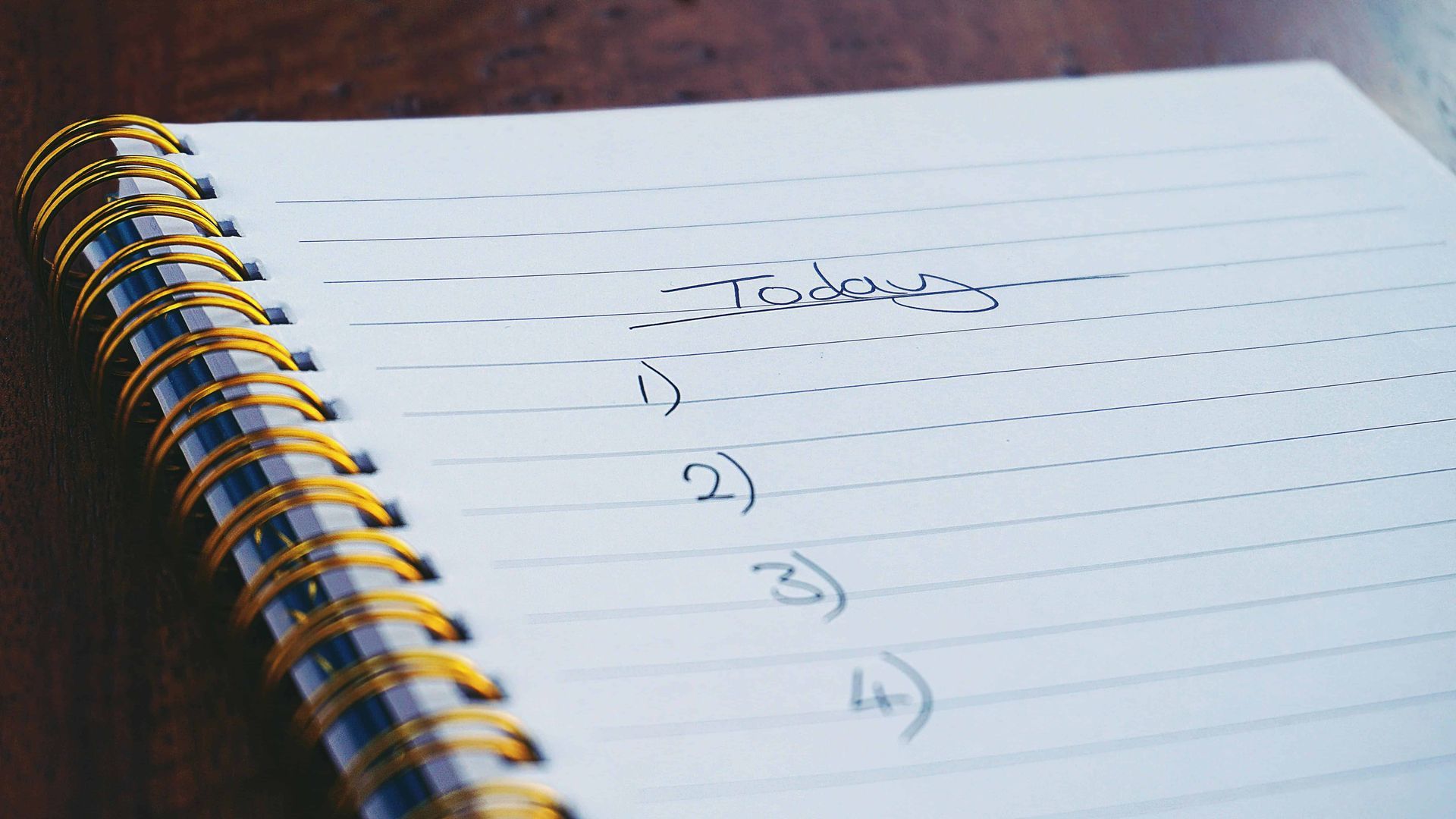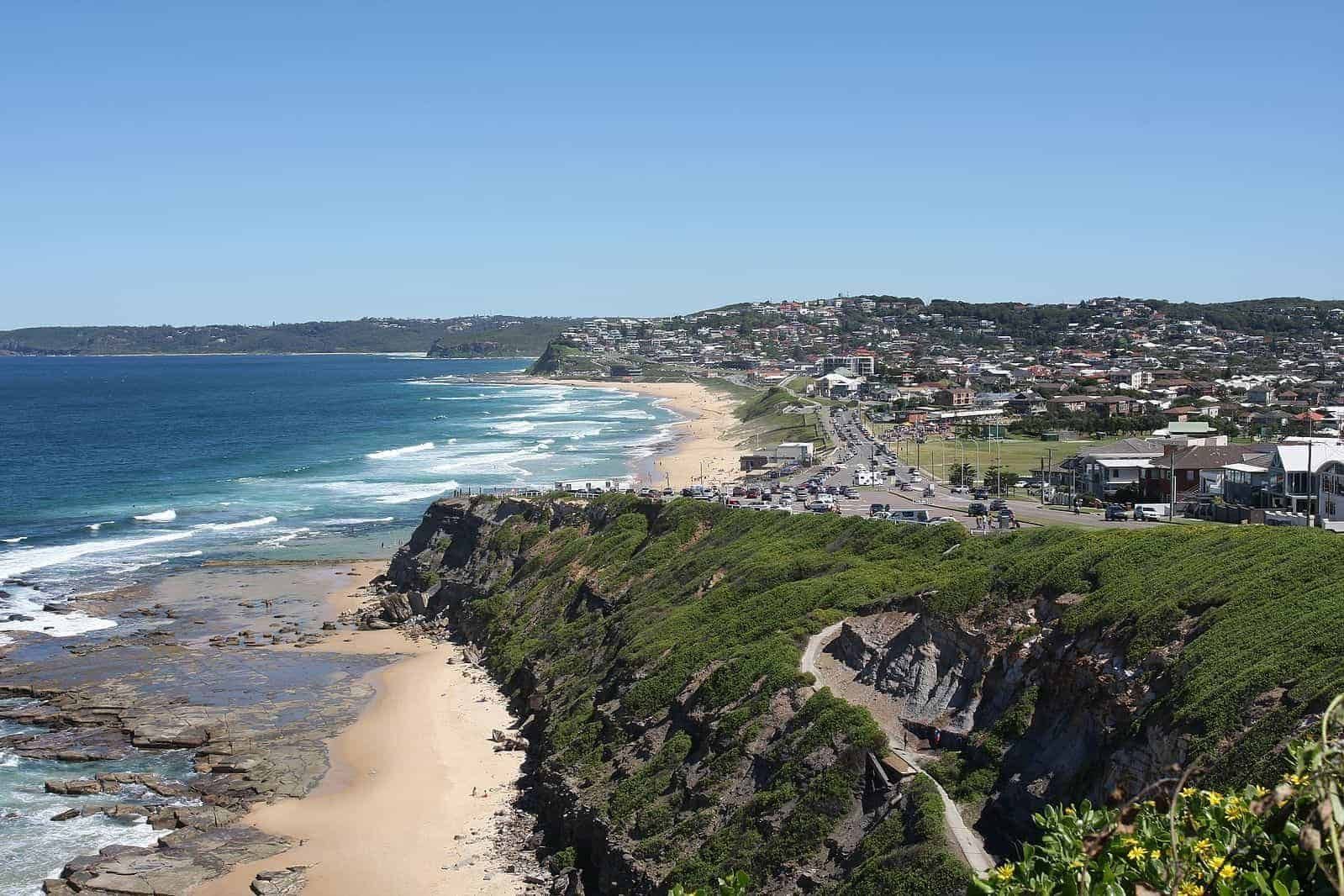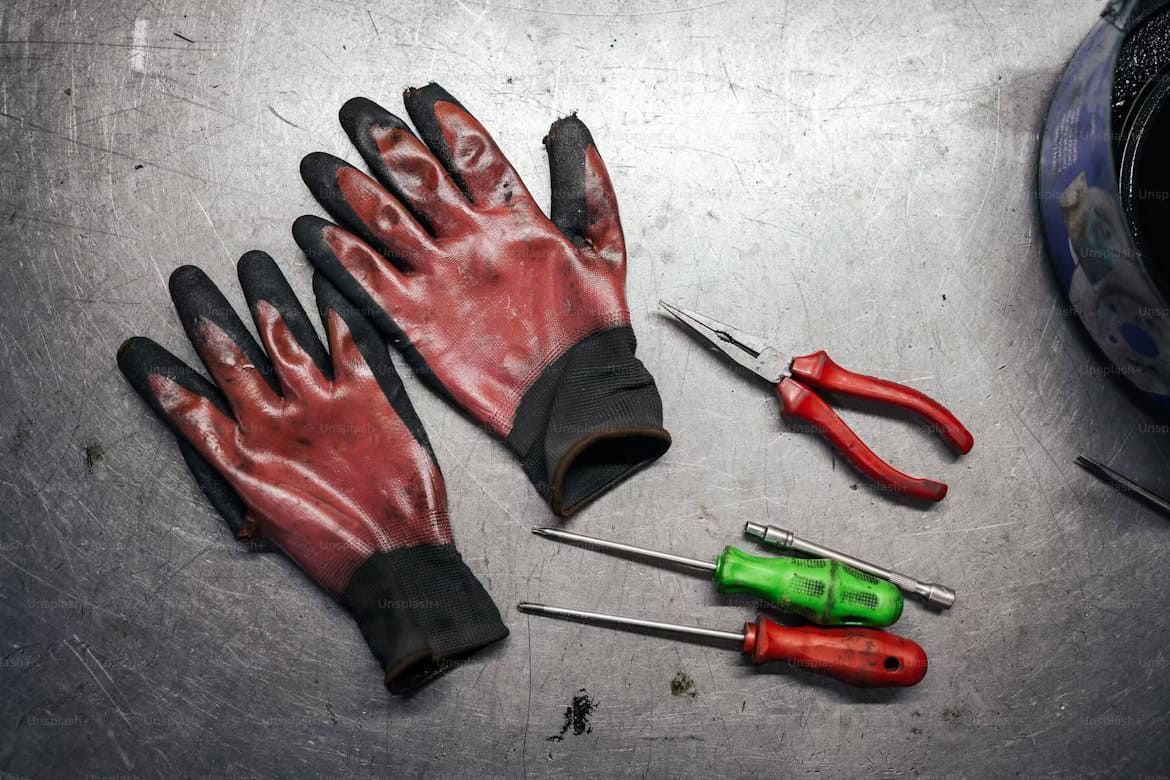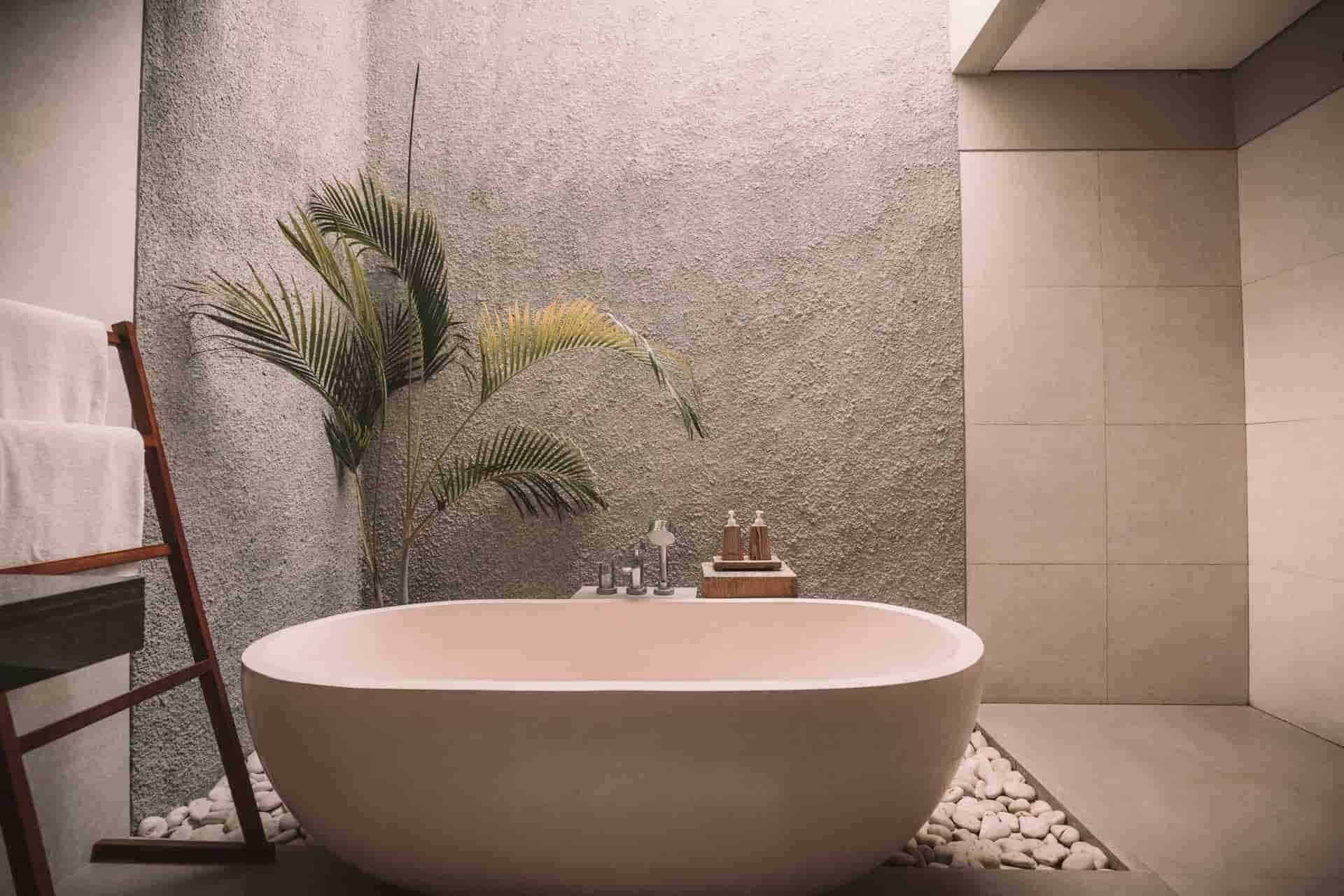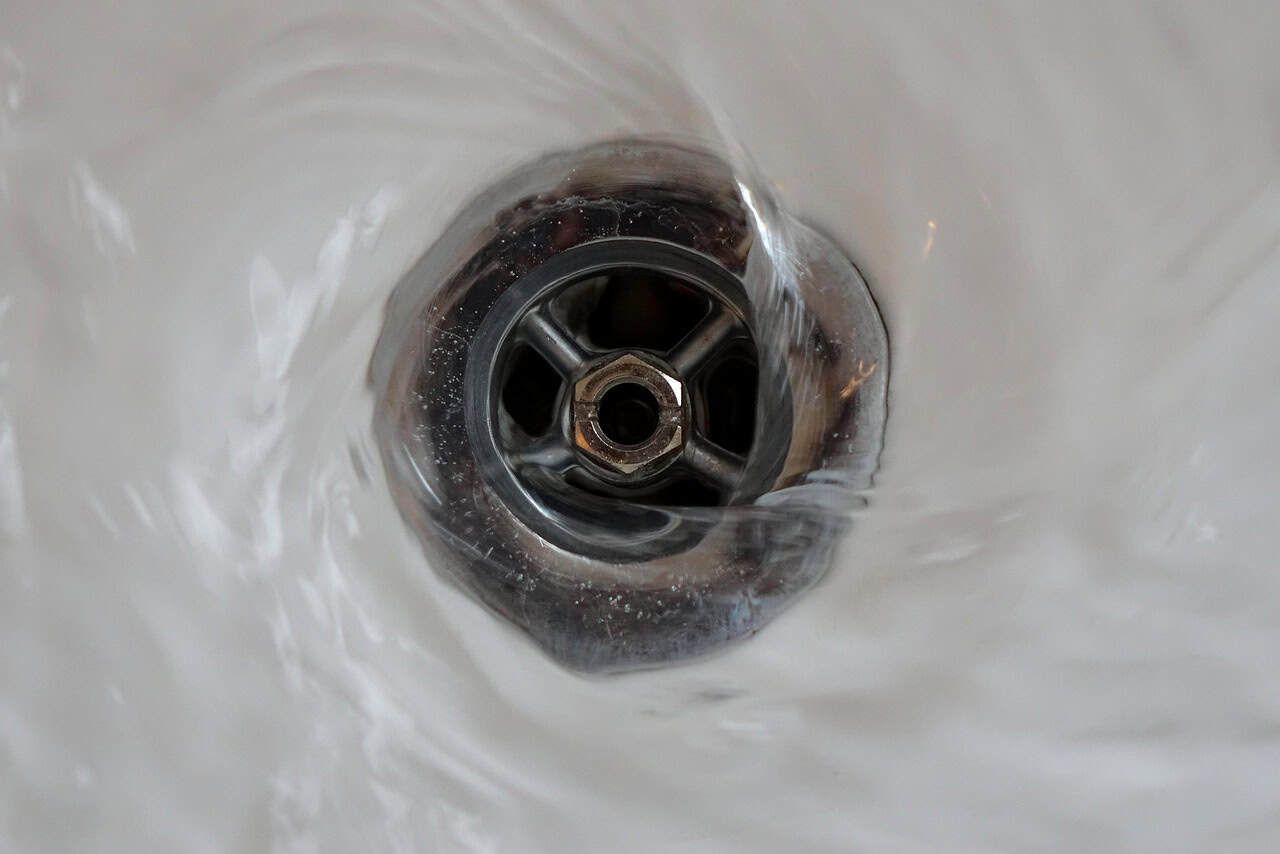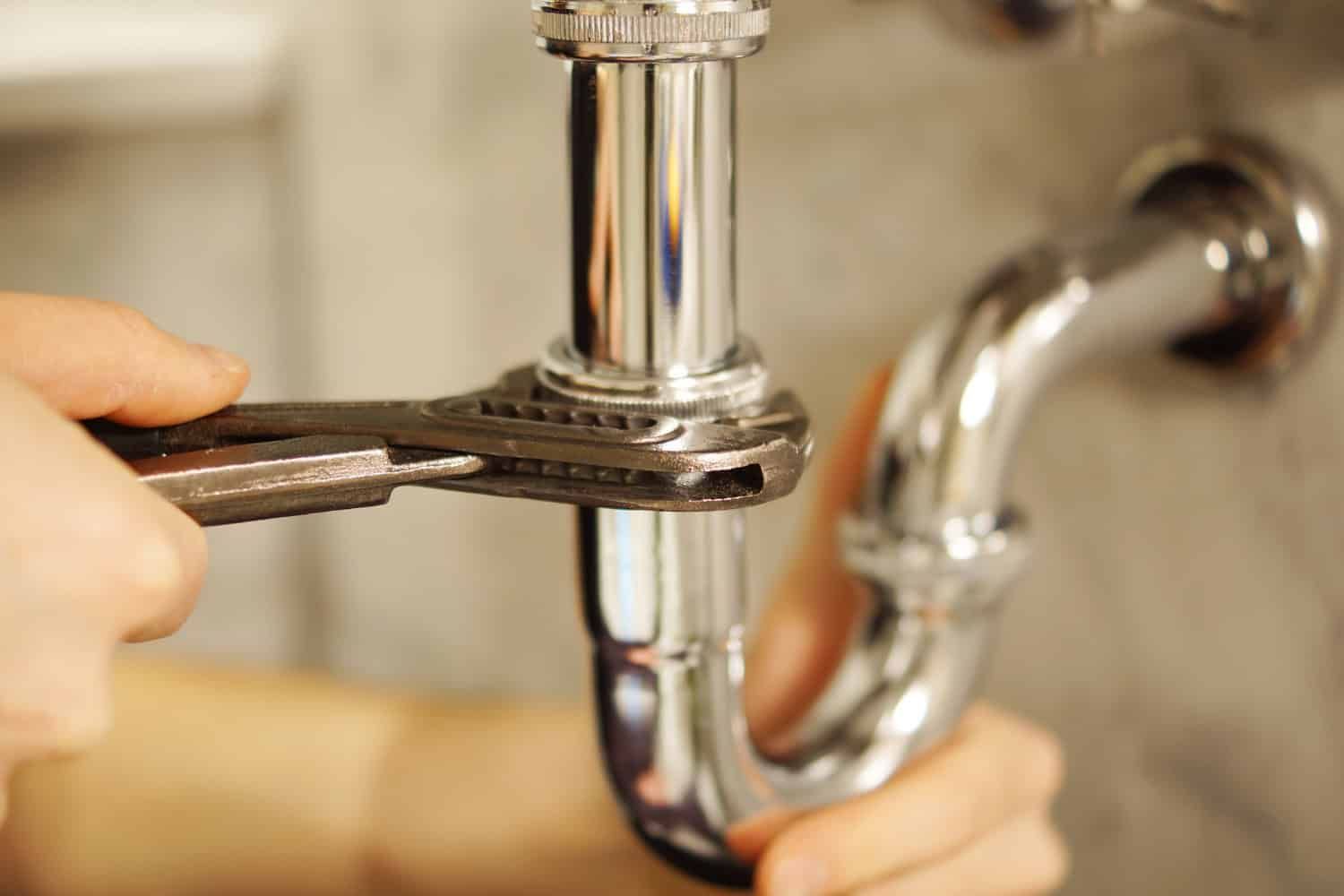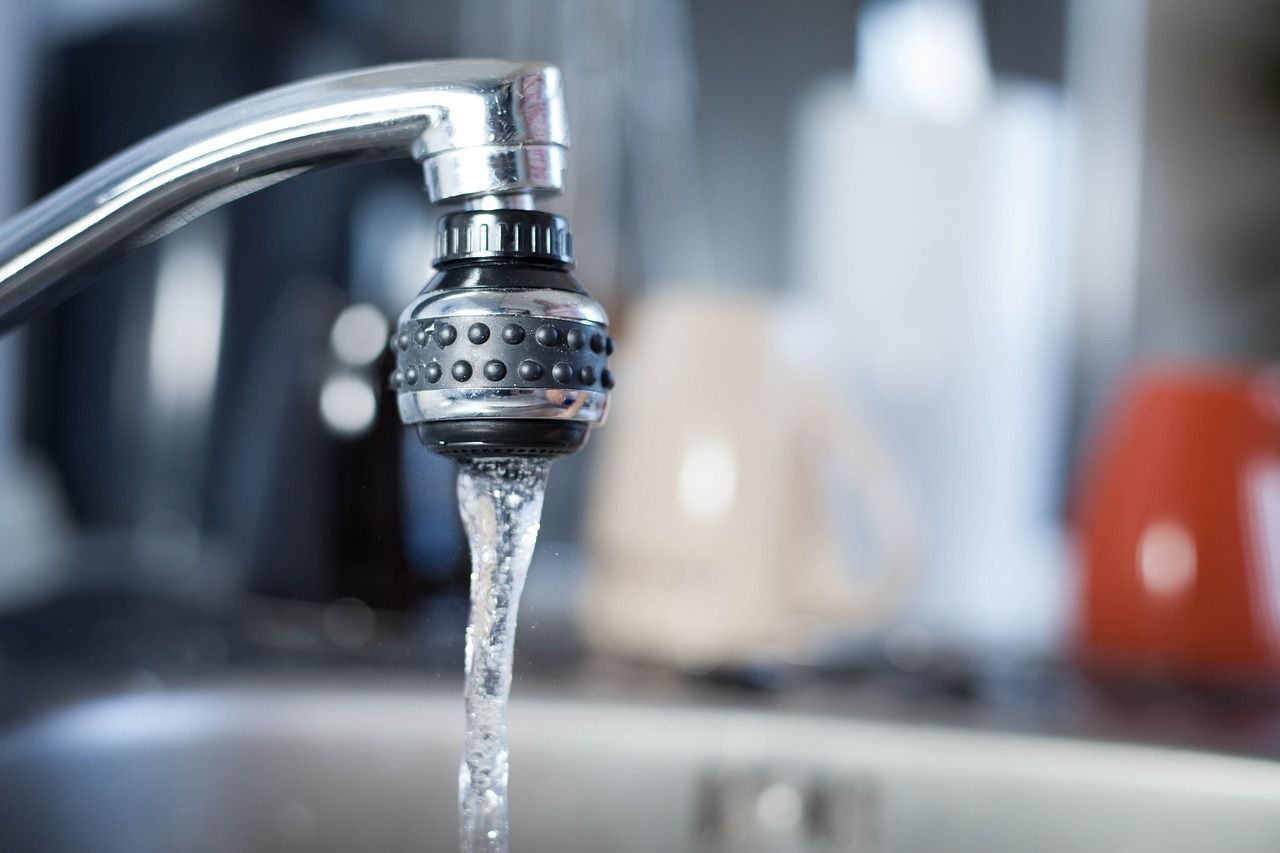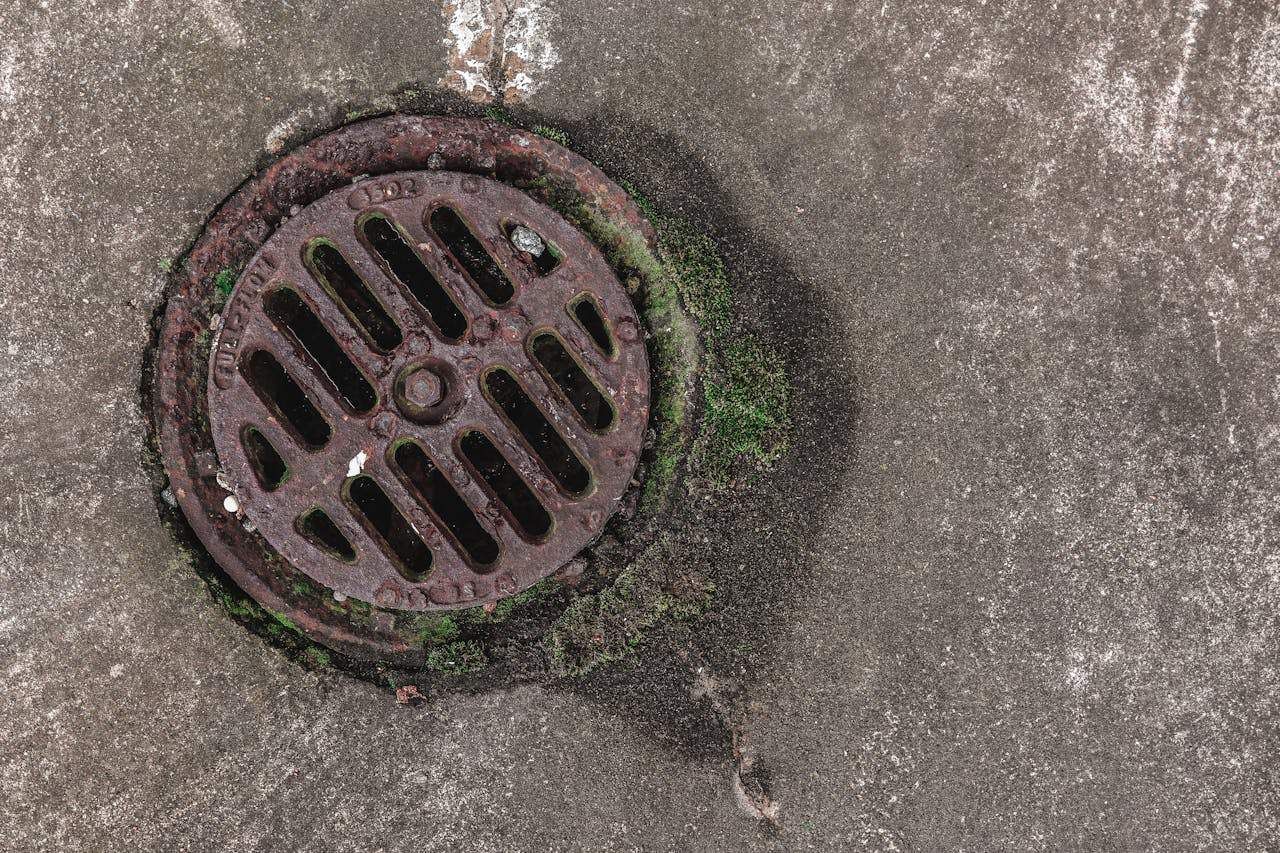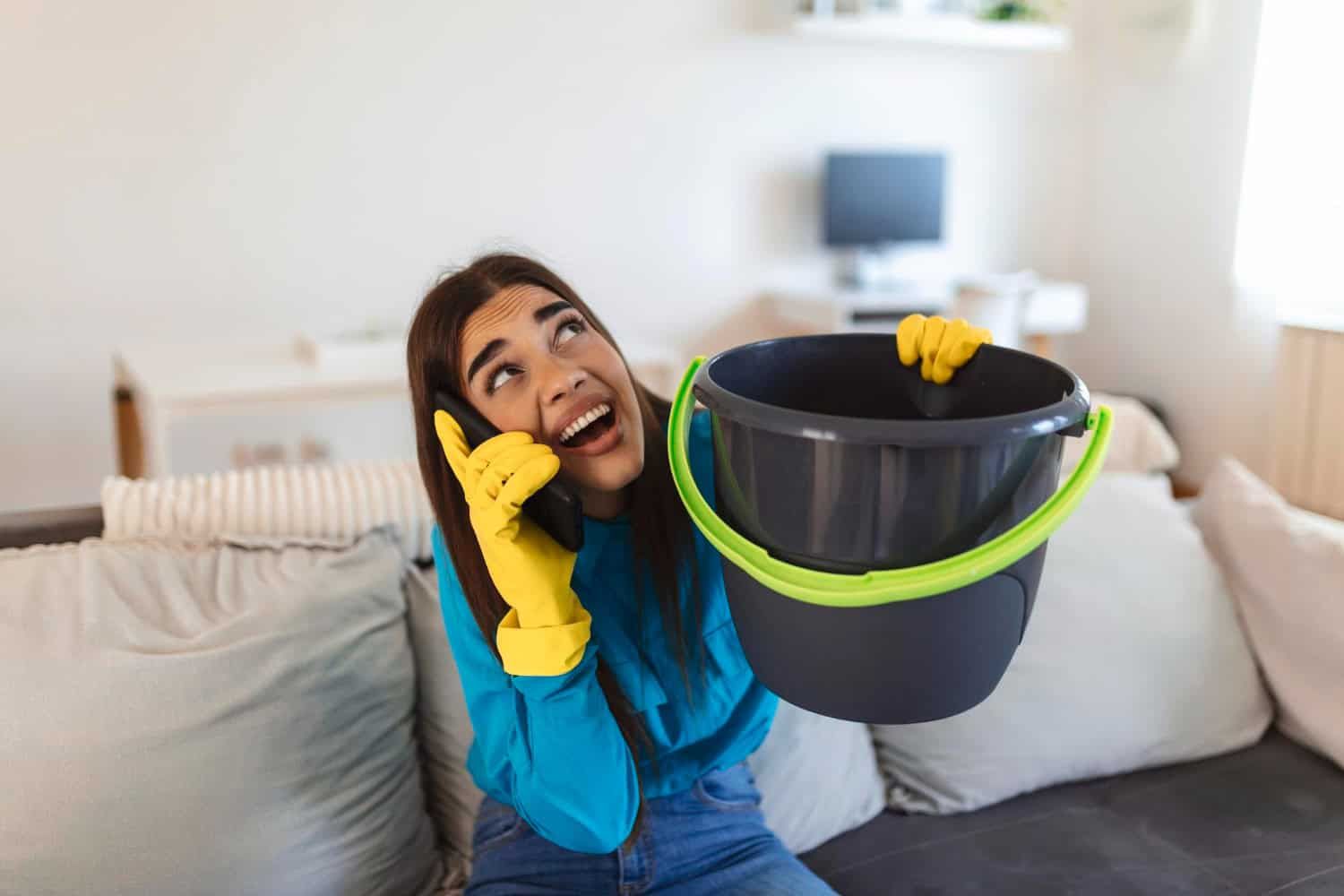10 Great Ways to Save Water and Improve Sustainable Practices

Ever opened your water bill and felt a bit shocked? Or lingered in the shower on a cold morning, telling yourself it’s “thinking time”? We’ve all done it. But those daily habits, small as they seem, really do add up, both in cost and in how much water we’re using.
In Australia, the average household water consumption is around 900 litres a day. That’s a lot. And when you multiply that across all the homes, businesses, and facilities around the country, you start to see how important water conservation really is.
We’re lucky to have access to clean water. But using it wisely is essential, for our environment, our communities, and future generations. Saving water supports sustainable living, reduces pressure on natural resources, and helps keep our bills down. Let’s look at how we can all do our bit, starting with the best ways to save water at home and business.
Why Saving Water Matters
It helps the environment.
When we overuse water, we put stress on rivers, wetlands, and ecosystems that depend on steady flow. Droughts make this worse. Every drop we save helps protect those environments.
It saves money.
Cutting back on water waste often means lowering your power and water bills. In business settings, that can also reduce overheads and improve efficiency.
It supports sustainable living.
Water conservation fits into the bigger picture of using our resources responsibly. It’s one of the easiest ways to live more sustainably, whether starting in your own home or workplace.
10 Ways to Save Water at Home (and Work)
1. Fix Leaks Quickly
A dripping tap can waste thousands of litres a year. Check around taps, toilets, and outdoor areas for leaks. Businesses should also inspect irrigation systems or plumbing for silent leaks that may go unnoticed.
2. Install Efficient Fixtures
Low-flow showerheads, dual-flush toilets, and aerators are simple to install and cut water use without losing performance. In commercial spaces, this applies to kitchens, bathrooms, and change rooms.
3. Reuse Greywater
Water from your washing machine or sink (greywater) can be used for gardens. With the right setup, you can safely reduce mains water use at home or in business landscaping.
4. Collect Rainwater
Installing a rainwater tank is a smart way to collect water for outdoor use. It’s ideal for gardens, washing the car, or even flushing toilets with the right filtration in place.
5. Shorten Showers
Every minute in the shower uses a lot more water than you’d think. Cutting back by just a couple of minutes each time adds up fast, especially across the whole household.
6. Only Run Full Loads
Hold off until the dishwasher or washing machine is full. Use eco modes when you can. For businesses, upgrading to water-efficient appliances is a smart move that pays off over time.
7. Sweep, Don’t Hose
Grab a broom instead of reaching for the hose when cleaning driveways or footpaths. In commercial spaces, save pressure washing for when it’s really needed, and always use efficient equipment.
8. Smarter Irrigation
Use drip systems or smart timers that water based on soil or weather conditions. Stick to early mornings or evenings when it’s cooler and water won’t just evaporate.
9. Raise Awareness
Encourage your family or team to be mindful. In a workplace, signage near sinks or restrooms is a simple way to build a culture of water-conscious habits.
10. Get Others Involved
Saving water works best when everyone’s on board. At home, get the whole family into simple habits, like turning off taps or using leftover water on the garden. In workplaces, encourage staff to report leaks or suggest ideas.
Track Your Water Use
On average, each person in Australia uses a significant amount of water every day for drinking, washing, cooking, and cleaning. Tracking your use helps you find the high-consumption spots, which are often things like long showers, outdoor watering, or leaking toilets.
Smart home tech, or just regular meter checks, can give you a clear picture. For larger properties or workplaces, water saving initiatives for businesses, like installing sub-meters or scheduling routine audits, can reveal opportunities to cut waste. These actions are part of broader sustainable practices that benefit both the environment and your bottom line.
Long-Term Sustainable Practices
Saving water shouldn’t be something we only think about when there’s a drought. It’s the everyday habits and small changes we stick to that really add up over time.
- Switch off the tap while you’re brushing your teeth
- Make use of that rain tank and don’t let it just sit there
- Plant natives that can handle the dry without constant watering
- Reuse water when it makes sense, like catching rinse water for the garden
At Jet Blaster Man, we know that simple solutions often make the biggest impact. Water conservation doesn’t have to be complicated; it just needs commitment. Whether you’re a homeowner or a business owner, we all have a role to play. With average daily water consumption in Australia still high across the country, there’s never been a better time to start making mindful choices. Together, we can reduce water waste, lower costs, and lead by example in how to reduce water consumption in Australia, one smart choice at a time.

